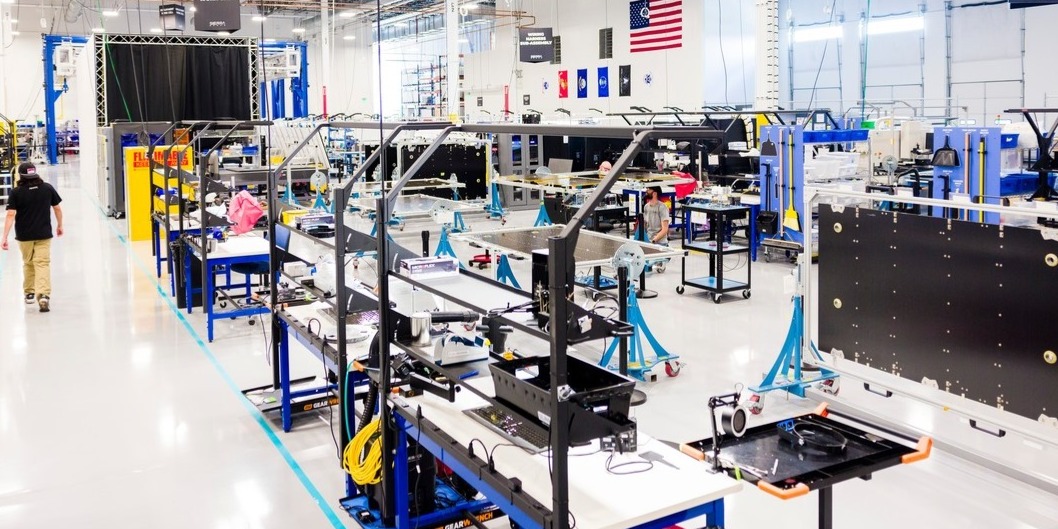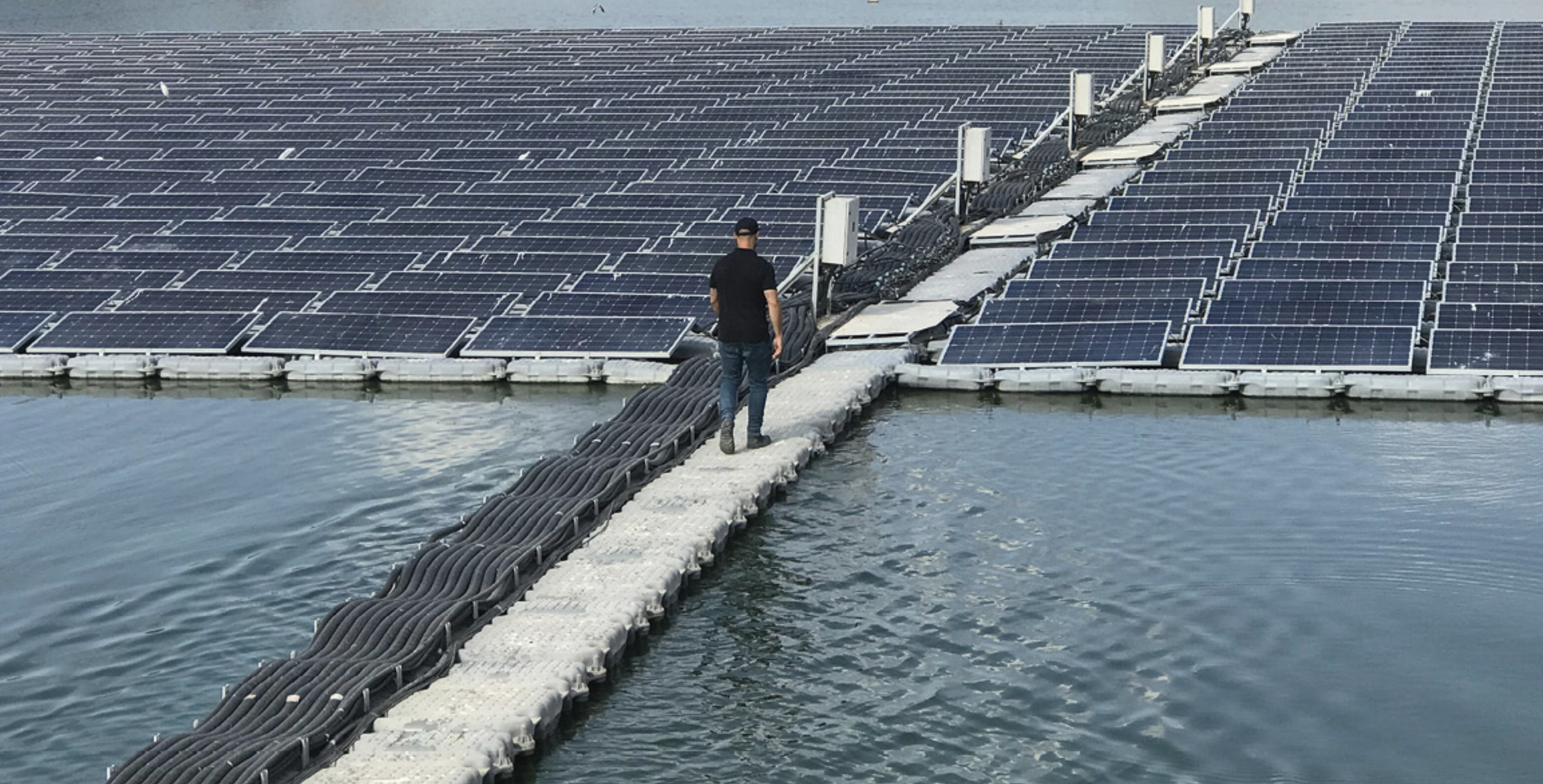Solör Bioenergi invests in Salix
Solör Bioenergi Group, a leading Scandinavian player in renewable wood-based energy, has announced that it has recently signed an agreement with REAB, a producer and harvester of Salix, for the delivery of Salix chips to several heat plant facilities in Skåne region, southern Sweden. Through the agreement, Solör Bioenergi secures an additional local supplier of Salix while helping to rekindle an interest amongst landowners to grow short-rotation coppice (SRC) for energy purposes.

By utilizing forest resources, Solör Bioenergi wants to pave the way for a sustainable society with reduced carbon dioxide (CO2) emissions.
The company is present in 300 locations in primarily Sweden and Norway, where district heating, steam, and electricity are produced and distributed to homes, businesses, public services, and industries.
The business also includes energy recovery from impregnated wood and the production of biomass fuels such as wood pellets, as well as the operation and maintenance of municipal and private water and sanitation facilities.
SRC is a local fuel
With rising biomass fuel prices, Solör Bioenergi wants to help revive the Salix industry in Sweden and increase interest amongst farmers and landowners in growing energy forests.

Salix, a collective name for willow species, is a fast-growing perennial tree species that grows in the form of so-called energy forests, aka short-rotation coppice (SRC), and is usually supplied as chips, typically chipped on site during harvest.
At Rosenhälls Gård, just outside Landskrona in Skåne region, southern Sweden, Desirée Segerslätt runs a conventional arable farm with Salix as a specialty crop together with her husband, Anders Segerslätt.
We have now agreed with Solör to deliver Salix to the facilities in Skåne that can receive it. Together with Solör, we will draw up a plan for delivery, so that it is as optimal as possible based on their needs, said Desirée Segerslätt.
From planting to the first harvest, it takes between four and five years. The Salix harvest is mainly carried out in spring and autumn, and it must be dry or frosty at the time of harvest.
Since Salix is chipped directly in the field, it is possible to burn the Salix chips relatively soon after harvest.
After we have harvested and chipped the Salix, the goal is to deliver it to the heating plants as soon as possible to prevent overheating and decomposition of the chips. In cases where logistics do not allow immediate delivery, we build up chip stacks and pack them as tightly as possible to reduce decomposition, explained Desirée Segerslätt.
Secure access to Salix
Solör Bioenergi currently has several facilities in the Skåne region where the biomass boilers are adapted to combust willow, including in Hörby and Vinslöv, which received several deliveries of Salix during the spring.
The ambition is to use the Salix locally, as close to the harvest site as possible, in the district heating plants that are adapted for the moist fuel. With the new agreement with REAB, we will have more suppliers who will secure the supply of Salix. At the same time, we hope that the market for Salix will grow and that more people will see Salix as an interesting type of wood to grow, said Flemming Rasmussen, Regional Manager of Solör Bioenergi South.
The boilers in district heating plants need to be adapted to fire with Salix, as there is more moisture than in most other fuels. Salix chips are often mixed with other biomass chips to get good combustion in the boiler.
Salix has a slightly lower energy value because it is fast-growing and therefore has a lower density. But if it is not too moist, it works very well. The energy content is comparable to chips from softwoods, explained Flemming Rasmussen.
Contribute to development
Since the spring of 2024, Solör Bioenergi has been participating in a project funded by the European Union (EU) that aims to rekindle interest in the energy wood and SRC sector.
Solör Bioenergi contributes its time, experience, and expertise to the project’s goals, which include identifying and gathering leading willow players in Sweden for the exchange of experiences and collaboration.
Times have changed, and there is once again an interest in growing willow, especially on agricultural land. New solutions are being developed in energy forests, where willow is an important part, together with other energy types and hybrids. For our part, where the availability of fuel is crucial for us to be able to deliver district heating, it is important to be able to contribute to the development, ended Flemming Rasmussen.
What's Your Reaction?


























































